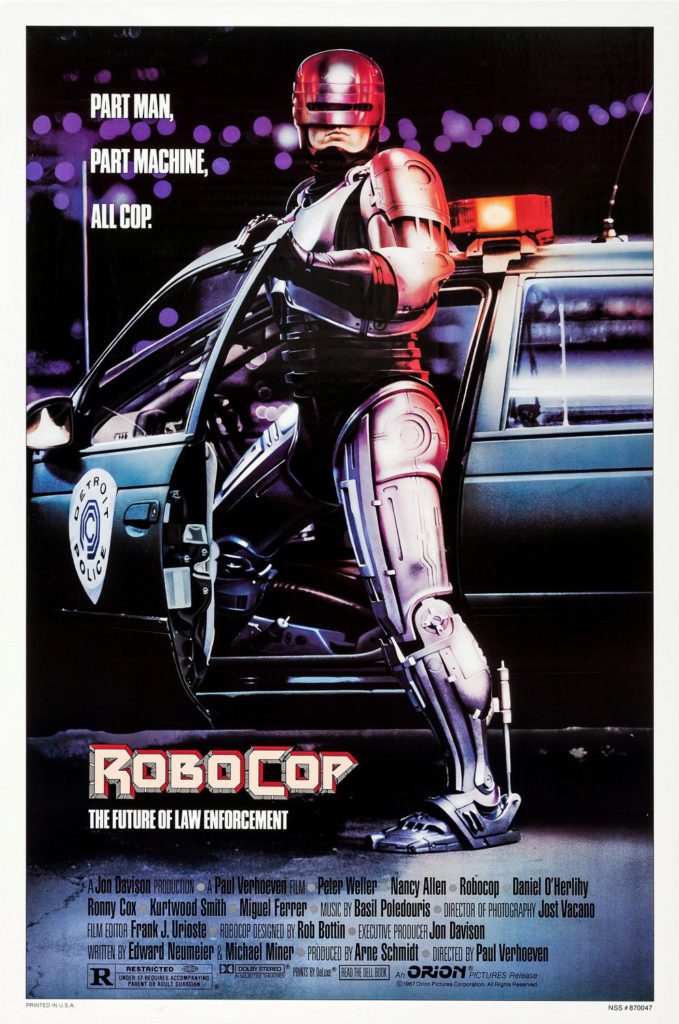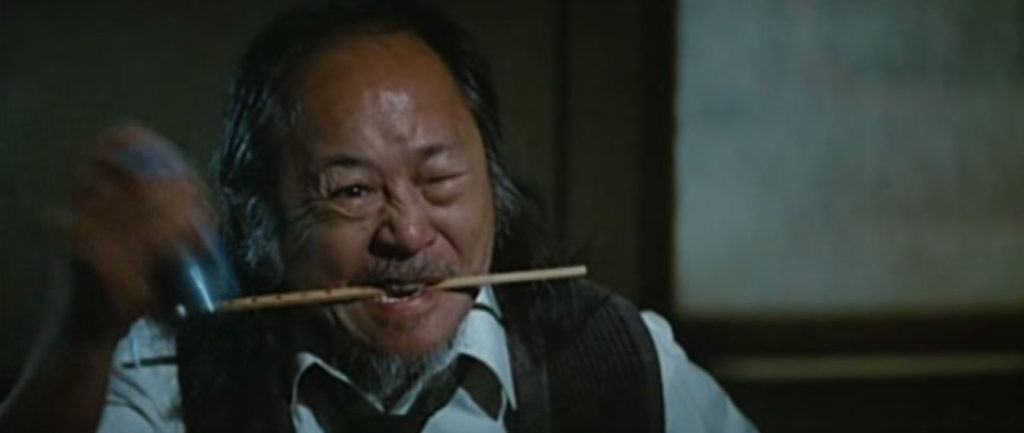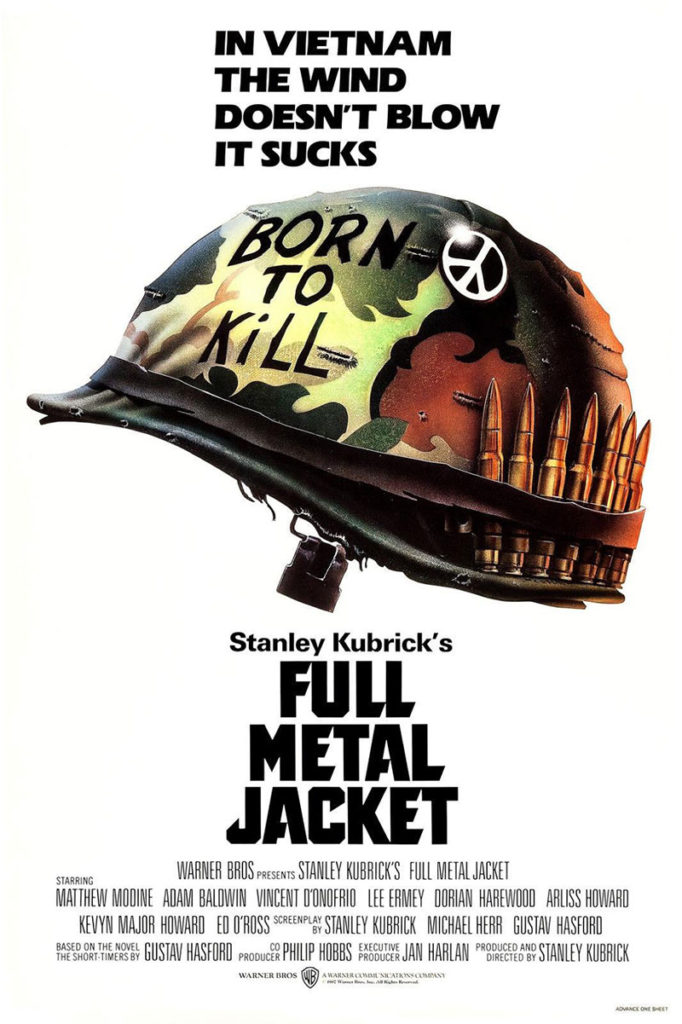 Dystopian future societies are the stuff dreams are made of. They are what grow from the seeds of our own decadence and shallowness. The moral bankruptcy, and sometimes outright horror, of the settings of films like Blade Runner, A Clockwork Orange, THX 1138, Escape from New York, and Soylent Green wouldn’t be possible if writers and directors didn’t look around them and see the lightning speed with which we throw ourselves into unknown futures, sometimes without regard for so many of the present realities which work so well and don’t need change. The ever-present message is that change, sometimes jarring change, is inevitable. Films that look to the future warily revolve around placing the viewer in the role of Rip Van Winkle. When the theater lights dim, the familiar world of today dissolves into the freak show of tomorrow. The overriding questions always being: Why are the people onscreen comfortable with this? Why doesn’t everybody see how wrong things are?
Dystopian future societies are the stuff dreams are made of. They are what grow from the seeds of our own decadence and shallowness. The moral bankruptcy, and sometimes outright horror, of the settings of films like Blade Runner, A Clockwork Orange, THX 1138, Escape from New York, and Soylent Green wouldn’t be possible if writers and directors didn’t look around them and see the lightning speed with which we throw ourselves into unknown futures, sometimes without regard for so many of the present realities which work so well and don’t need change. The ever-present message is that change, sometimes jarring change, is inevitable. Films that look to the future warily revolve around placing the viewer in the role of Rip Van Winkle. When the theater lights dim, the familiar world of today dissolves into the freak show of tomorrow. The overriding questions always being: Why are the people onscreen comfortable with this? Why doesn’t everybody see how wrong things are?
Simply put, because that’s how things in the future work. People in the future grow up among the bizarre, things we wouldn’t recognize, as though these were the normal conditions of existence, rather than a manufactured reality that mankind has created for itself. The irony is, of course, that we, in real life, away from the fantasies of Hollywood, live like these silver screen wraiths, embracing the fast pace of technological advance, throwing off the yoke of millennia of human history to embrace the dictates of the electronic age. Implicit in films that depict the future is that civilizational advance is a given, destroying the ways and mores of the past, creating something unrecognizable to those who weren’t witness. This resonates because that is exactly how our ancestors would feel would they awake in today’s world. Continue reading “Robocop (1987)”


 Full Metal Jacket is a comedic tour de force. At a younger age, the idea of growing up and coming face to face with R. Lee Ermey in a cold and brutally lit recruit barracks was an uneasy thought indeed, if not downright intimidating. Being on the cusp of every youngster’s wild transition from the coddling environment of elementary school to the hormonally-driven torture of middle school, I looked upon the visage of Ermey’s Gunnery Sergeant Hartman as the great and enduring symbol of social intimidation. He was mean, he was loud, and, like the most effective bullies, there was never any correct answer to his questions, no way to put brakes on the shit heading in a person’s direction once his sights were set. There was even a classic bullying staple in evidence as Ermey’s character ruthlessly forces Private Leonard ‘Gomer Pyle’ Lawrence (Vincent D’Onofrio) to choke himself, a unique twist on the old ‘stop hitting yourself’ routine.
Full Metal Jacket is a comedic tour de force. At a younger age, the idea of growing up and coming face to face with R. Lee Ermey in a cold and brutally lit recruit barracks was an uneasy thought indeed, if not downright intimidating. Being on the cusp of every youngster’s wild transition from the coddling environment of elementary school to the hormonally-driven torture of middle school, I looked upon the visage of Ermey’s Gunnery Sergeant Hartman as the great and enduring symbol of social intimidation. He was mean, he was loud, and, like the most effective bullies, there was never any correct answer to his questions, no way to put brakes on the shit heading in a person’s direction once his sights were set. There was even a classic bullying staple in evidence as Ermey’s character ruthlessly forces Private Leonard ‘Gomer Pyle’ Lawrence (Vincent D’Onofrio) to choke himself, a unique twist on the old ‘stop hitting yourself’ routine.